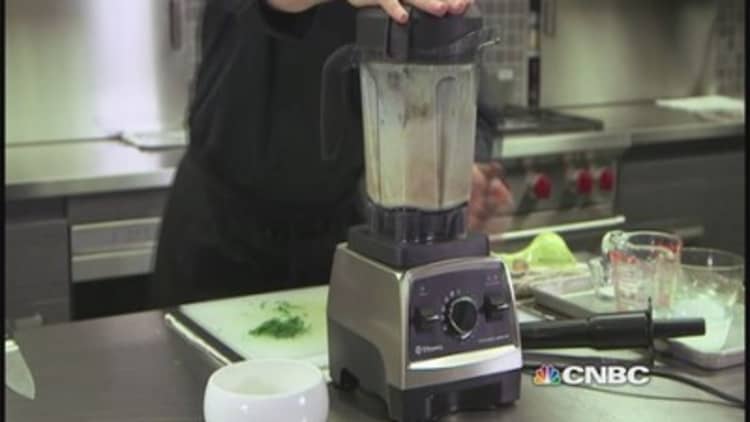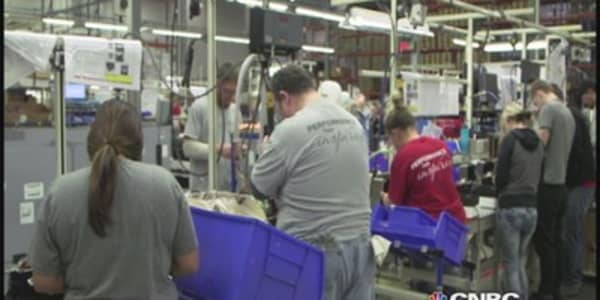Nearly a century after its founding, one family-owned business is a prime example of the rare business that is able to survive and flourish generation after generation.
Such family-owned businesses have a distinct advantage in the marketplace, one analyst tells CNBC.
Since founding Vitamix, Jodi Berg's family have capitalized on increased interest in healthy smoothies to create a multimillion-dollar dynasty that today exports to more than 140 countries..
"When my great-grandfather started Vitamix in 1921, he wanted to change the way people think about food. As we celebrate our 95th anniversary, our vision remains the same — to improve the vitality of people's lives through food. You can achieve better health through whole food nutrition, and Vitamix machines help make that possible," said Berg, CEO of Ohio-based Vitamix, in an email to CNBC.
Berg is the fourth generation of her family to run the business that was started in 1921 by her great-grandfather William Grover Barnard. Known to his family as "Papa," Barnard toured the U.S. selling kitchen equipment before turning his attention to blenders in 1937.
Vitamix remains family-owned and run. It is based in Olmsted Township, Ohio, to which the business moved in the 1930s.
"Less than 5 percent of businesses transition to a fourth generation here in the United States, so we are unique," said Loree Connors, Vitamix's CFO and another of Barnard's great-granddaughters.
The recipe for Vitamix's success can be found in its focus on doing one thing and doing it well.
"The success of our company has been a laser-focus vision on something that truly, truly matters," Berg said. "We personally care about people becoming healthier. We care about making the world a healthier place," she added.
For Berg, the pride in her company is clear. "I love being a part of something that took three generations to create," she said. "You can't make a fourth- or fifth-generation company in one lifetime. You can sell one, though. I have no intention of letting that happen."
Analysts of the U.S.'s mid-market companies say they operate in a culture that more often than not favors on the short term and venture capital mindsets.
"We feel that the middle market doesn't get the attention it deserves," said Doug Farren, associate director at National Center for the Middle Market, in a 2014 interview. "It truly is the economic engine of the U.S."
For Farren, family-owned businesses enjoy distinct advantages. "With the family-owned businesses in particular, there's this great sense of pride of having started and built that company into a pillar of its community," he said. "If there's any pressure it's not from Wall Street, it's from the sense of responsibility to its people."
— CNBC's Katie Little contributed to this report.






